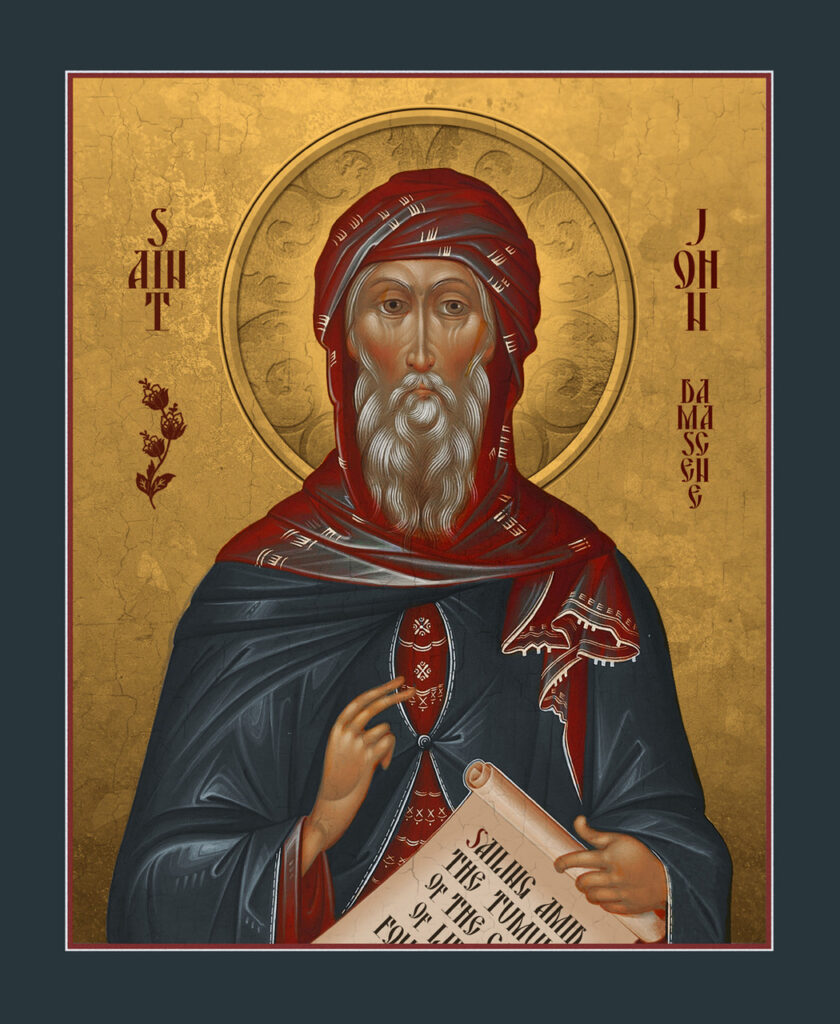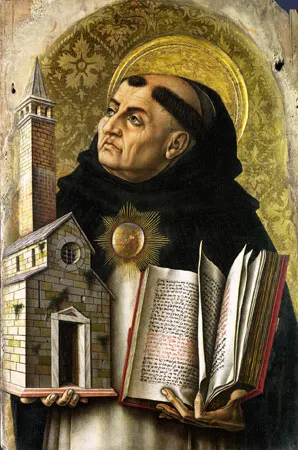When my wife and I set up our first retirement account, our advisor asked us how comfortable we were with risk. Really, the question was how scared we were of volatility. The world changes. Draught in South America can boost crop sales in North America. Terrorist attacks in the Middle East affects oil deliveries in Australia. Natural disasters, economic recessions, global pandemics – the certainty of change is certainly changeless.
In the ancient wisdom book, Ecclesiastes, the book’s author says that the race in life isn’t won by the swift. Battles aren’t won by strength of arms. The smart don’t always get rich and the competent don’t always get the job. But who are the sure winners in every area? Time and chance. Time and chance overtake them all (Ecc.9:11-12).
The continued sequence of existence and the random possibility of something (anything) happening are the real champions. They are agents of change. Whether it’s the king who loses his kingdom for want of a nail or your absence in a pileup because you spilled coffee on your pants before work, everything is subject to change.

This is what St. John of Damascus observed while in the 7th century. The Damascene was a monk who wrote (among other things) An Exact Exposition of the Orthodox Faith. While Eastern Christianity tends to underemphasize systematics, his was the first effort to encapsulate what cannot be comprehended, namely the divine nature and our participation in it. I recently started reading it in bits and snatches and am loving it. It’s slow going because there’s so much honey in each section that needs to be savored. But that’s okay.
He’s sometimes called the “Aquinas of the East” and I definitely see a similarity between the two in the beginning of An Exposition. In talking about the proof for God’s existence, John first talks broadly about all existence. Reality breaks down into two (and only two) categories: created and uncreated. Everything that is created is mutable (that is, changeable). When anything begins to exist, that is change. It was not and then it is. Voilà. And then they either change some more (either because they want to, or because something forces the change) or they die. And death is also change.
Everything created is mutable. It changes. And so, everything created needs to have an uncreated Creator. We need an unmoved Mover. We need a deity who is immutable, unable to change. And this is the move that Thomas Aquinas makes over 500 years later in Italy in his Summa Theologica. His first argument that God exists is the argument from motion or change.

Nothing changes unless it has the potential to change into that thing. A tadpole doesn’t have the potential to become a chipmunk, but it does have the potential to become a frog. “Frogness” has to happen to the tadpole so that it’s potential becomes actual. The actual (the biological mechanisms dictated by its DNA) unlock the potential (the ability to be a frog and play the banjo and make millions of people happy).
Or as Thomas puts it, “something actually hot, such as fire, makes wood, which is potentially hot, and thereby moves and changes it.” The wood is potential fire (among other things). The fire is actual fire. Actual fire interacting with potential fire moves the potential into actual and we have our change. Nothing changes by itself, Aquinas says. Something outside always changes it. The firewood can’t be both cold (potentially fire) and hot (actually fire) at the same time. It needs outside interference.
But like John of Damascus pointed out before, Thomas recognizes that we need an unchangeable Changer. “If what causes change is itself changing, then this also must be changed by something else, and that by yet another.” You’d have creators making creators infinitely into the past. But it can’t go on indefinitely like that because then you’d have no first cause of change. And if there’s no first cause of change (an uncreated Creator and unmoved Mover), then you have no secondary causes of change. Things don’t change unless they’re changed by the first cause of change. The bat doesn’t swing unless the batter moves his arms. Somebody has to make the first move. And as John of Damascus and Thomas Aquinas point out, that Somebody is God.
Everything changes. How I start the day is absolutely no indicator of how things will be when my head hits the pillow. But the mutability of life points me to an unchanging God. And that is why I can handle it when everything changes. If there’s no immutable God then existence is chaos. Chaos is what happens when life is only change. If there’s only one category (created reality), then there’s only change. And uh, that’s, uh, that’s chaos theory (*Ian Malcolm voice*). But if we have two categories -that which is created and that which is uncreated (an immutable God) – then it’s not chaos. It’s just change. And because He doesn’t change, I’m okay when things do change.
